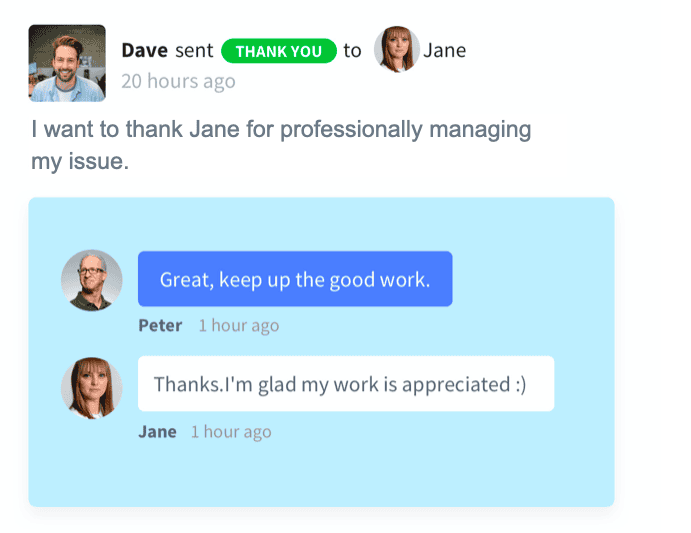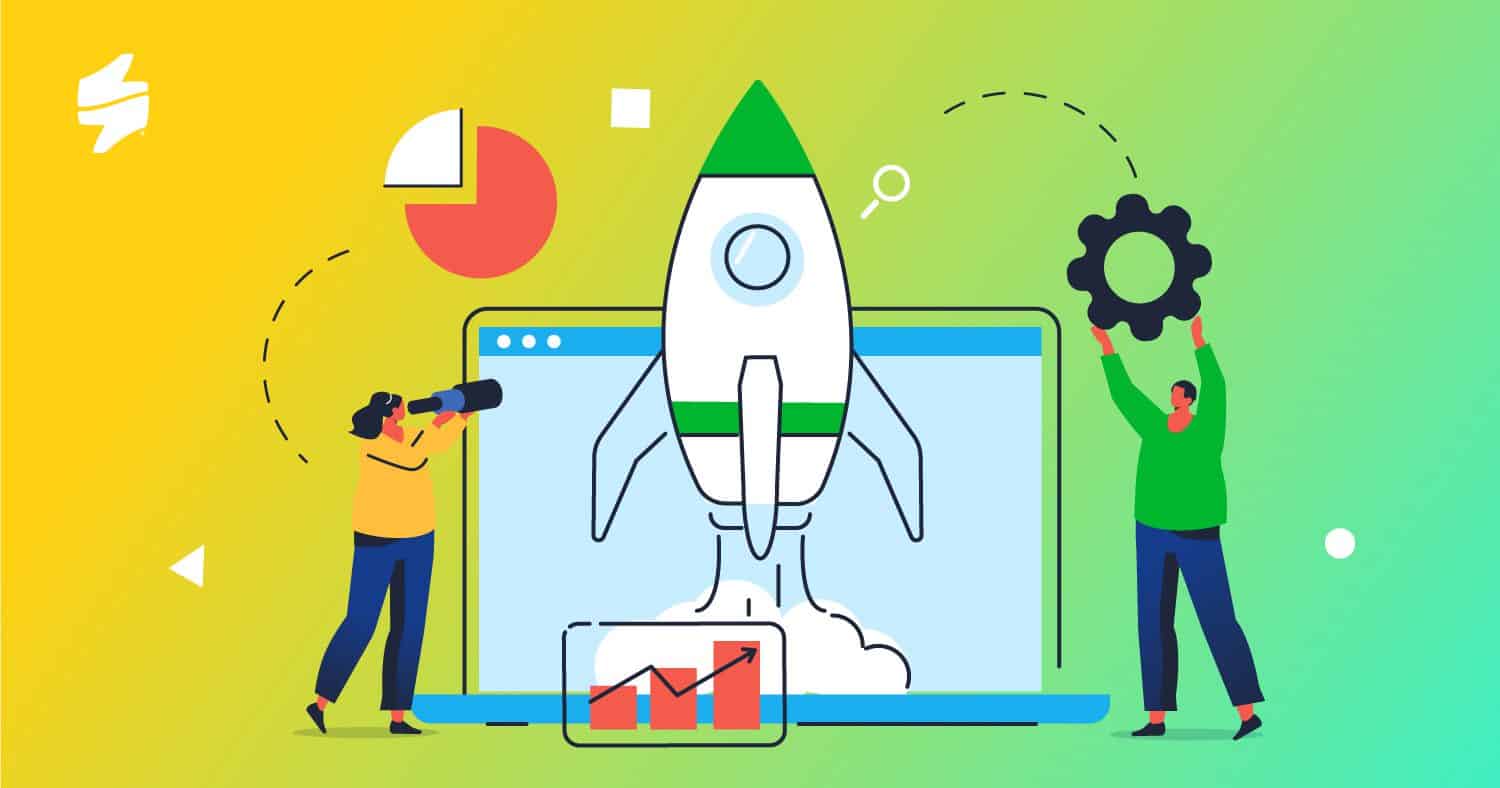Employee engagement is a critical factor in the success of any company. Engaged employees are more productive, innovative, and loyal, leading to higher customer satisfaction and improved business outcomes. While monetary rewards have long been considered the primary driver of employee engagement, research shows that non-financial rewards can be just as effective, if not more so, in creating a highly engaged workforce.
In this article, we will explore some non-monetary rewards that have been proven to drive employee engagement in the workplace.
5 Non-Financial Ways to Drive Employee Engagement
1. Employee Recognition
Employee recognition is a powerful non-monetary reward that significantly impacts employee engagement in the workplace. Regular recognition has been shown to increase employee engagement and reduce turnover rates.

One effective method of employee recognition in the workplace is through positive customer feedback. Staffino offers a platform that enables you to capture and share positive customer feedback with their employees. This type of recognition not only boosts morale but also reinforces the connection between employee efforts and customer satisfaction.
Research supports the effectiveness of employee recognition in the workplace through positive customer feedback, showing that it leads to higher job satisfaction and performance. Implementing this type of recognition is simple with XM platforms like Staffino, which allows you to collect feedback and share it with employees automatically to acknowledge their efforts.
2. Flexible Work Arrangements
Flexible work arrangements, such as remote work or flexible hours, greatly contribute to employee engagement. These options allow employees to have a better work-life balance, reducing stress and increasing job satisfaction.

Promoting a healthy work-life balance is essential for engagement, and you can further support this by encouraging breaks, vacation time usage, and self-care. By demonstrating that the management values employee well-being and helps prevent burnout, employees are more likely to feel engaged and committed to their work.
3. Extra Time Off
In addition to flexible work arrangements, providing extra time off can also contribute to employee engagement in the workplace. Giving employees the opportunity to take additional time off as a reward for completing a project or achieving excellent customer experience metrics scores, shows that you recognise the importance of work-life balance and value their personal well-being.
4. Opportunities for Growth and Development
Professional development opportunities are a great non-monetary reward that drives employee motivation. Employees who have the chance to learn and grow in their roles are more likely to feel engaged and committed to their work. You can provide professional development opportunities through training programmes, mentorship programs, or tuition reimbursement for further education.

By investing in employee growth and development, organisations enhance engagement and build a skilled workforce at the same time. Providing employees with opportunities to enhance their skills and knowledge through training programs, workshops, or mentorship can engage them in their work and help them feel valued and invested in their professional growth.
5. Team-building Activities
Building strong relationships among employees and fostering a sense of camaraderie enhances their engagement. According to a study by Gallup, employees who agree that they have a best friend at work are more likely to be engaged. Team-building activities help foster relationships and create opportunities for employees to develop friendships, which can contribute to higher engagement levels.

Encourage team-building activities or social events upon hitting specific targets or when an employee celebrates their birthday or other milestones. This can help employees feel connected and engaged with their colleagues. By creating a supportive and collaborative work environment, you can promote employee engagement and overall job satisfaction.
Final Word
In conclusion, while fair monetary rewards are necessary, non-financial rewards can play a significant role in driving employee engagement in the workplace. By implementing the above non-monetary rewards, you can foster a highly engaged workforce, leading to improved productivity, innovation, and overall business success. If you need a helping hand motivating your employees, don’t hesitate to reach out to Staffino EX consultants!

Give Your Employees the Recognition and Motivation They Deserve
Does your team need a little extra motivation? Our platform provides powerful insights into your team’s performance and various recognition tools that help ensure everyone feels appreciated.
